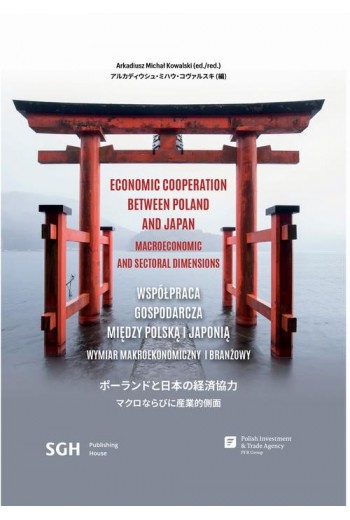- Nowy


Modal content..

AutorzyArkadiusz Michał Kowalski (ed./red.)
ISBN978-83-8030-721-6
Rok wydania2025
Strony256
Językipolski
Nr produktu09DDD649EB
ZabezpieczenieDL-ebwm
TematykaEkonomia Biznes
AutorzyArkadiusz Michał Kowalski (ed./red.)
WydawnictwoSzkoła Główna Handlowa
Rok wydania2025
ISBN978-83-8030-721-6

AutorzyArkadiusz Michał Kowalski (ed./red.)
ISBN978-83-8030-721-6
Rok wydania2025
Strony256
Językipolski
Nr produktu09DDD649EB